One of the juiciest bits of finance news in recent history involves Tesla billionaire Elon Musk and his plan to buy Twitter. The deal has been floating around for almost two months, with much initial gossip about what Musk might do as Twitter's new owner. However, the deal now appears in jeopardy. The prospective billionaire buyer has recently been claiming that too much of Twitter's traffic is actually bots rather than flesh-and-blood users, making it overvalued.
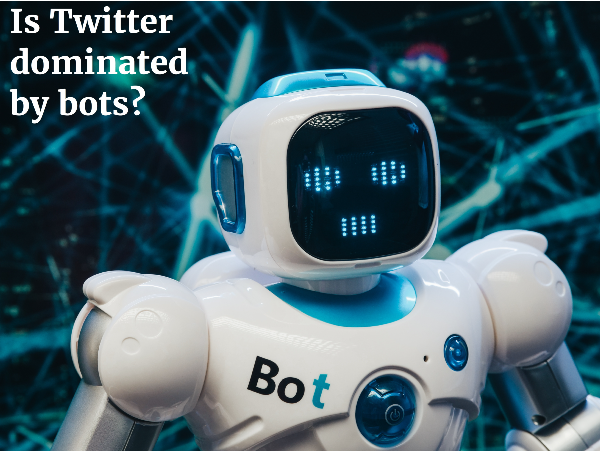
Twitter has disagreed with Musk's claims, and many analysts think Musk's claim about bots is an attempt to get Twitter to agree to a lower price. The initial agreed-upon price was $54.20 per share, with Musk planning to buy $44 billion worth of shares to take Twitter private. So what does all this mean?
Taking a company private means buying 100 percent of a publicly-traded corporation's shares of stock. This is typically done to give the owners and managers of a corporation more freedom. Publicly-trade corporations, with stock traded on stock exchanges, have to meet strict requirements made by the Securities and Exchange Commission (SEC) and the exchanges themselves. They are required to have boards of directors and file regular financial reports, which can be costly and time-consuming.
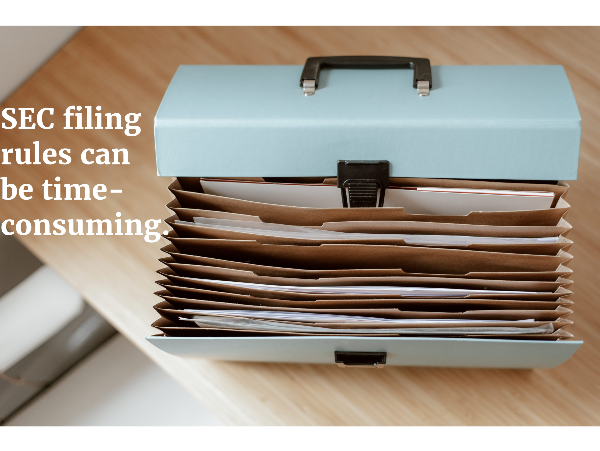
Private companies are less burdened by taxation and regulation, and so may be more profitable. There is no size limit on private companies, and the largest private companies may be C corporations that seem like publicly-trade corporations. Therefore, there is theoretically no limit on how large of a corporation can be "taken private."
Going private is sometimes just a temporary measure, with a large investment firm purchasing a corporation entirely in order to make substantial changes to its management. Later, the reformed company has a new IPO and can be once again invested in on stock exchanges. Kinder Morgan and Hilton Worldwide Holdings (Hilton Hotels) are two companies that went private and then back to public, while others returned divisions to publicly traded status. Although it's not common for large corporations to go private, it's not exactly rare!
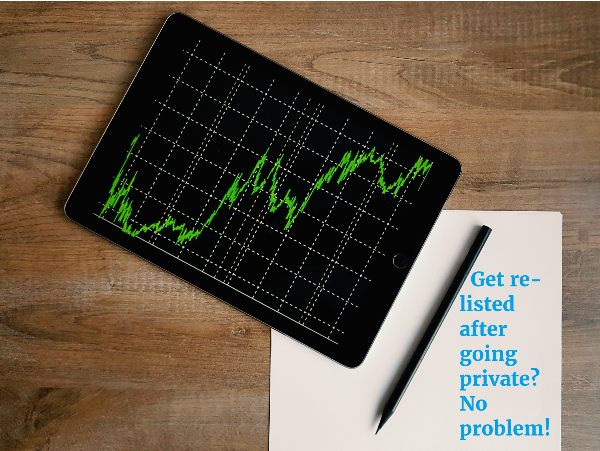
So, if you own Twitter shares and Elon Musk wants to take Twitter private, do you get a deal? Typically, yes! In order to make a quick and smooth deal, those trying to buy a corporation offer a higher price per share (PPS) than the current market price. This can be up to a 40 percent premium (higher value) over the market price, which can make some large shareholders very wealthy.
But should you jump at the news to buy stock in a corporation that might be taken private? It's not a good idea to change your investment strategy to do so, as buyers can back out of hinted-at purchases. Elon Musk himself was accused of wrongdoing by the SEC for hinting that he would take Tesla private, causing stock price to jump several percentage points, and then not following through. Similarly, the Twitter deal now looks like it might fall through. While getting a 40 percent premium on your shares of a corporation may be a financial windfall, complex deals to take companies private have a way of falling apart, making it risky to buy a stock on rumors of a future buyout.
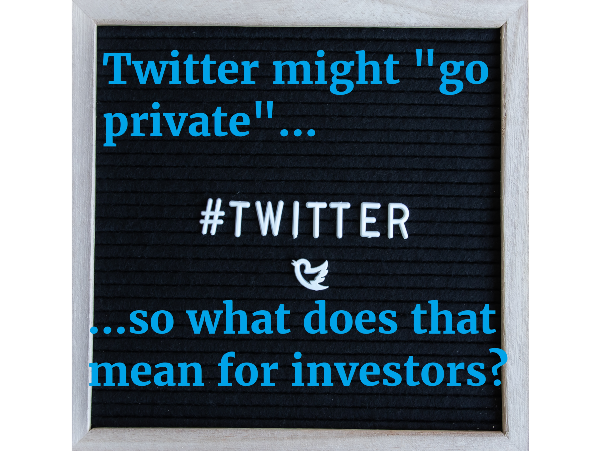


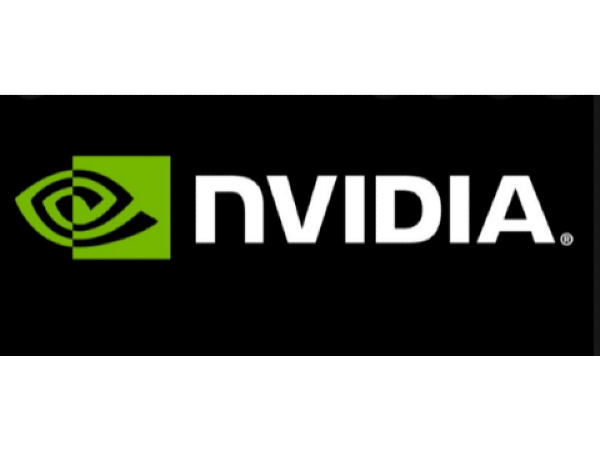

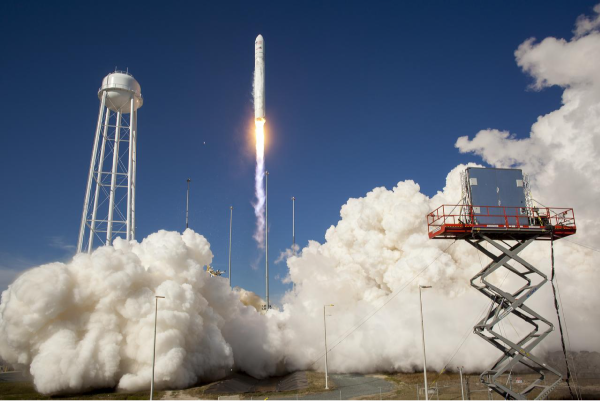

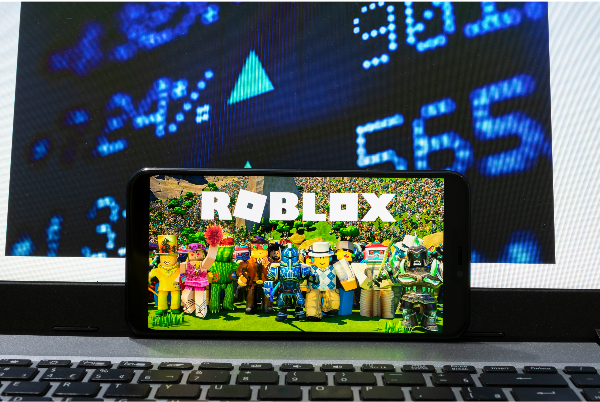


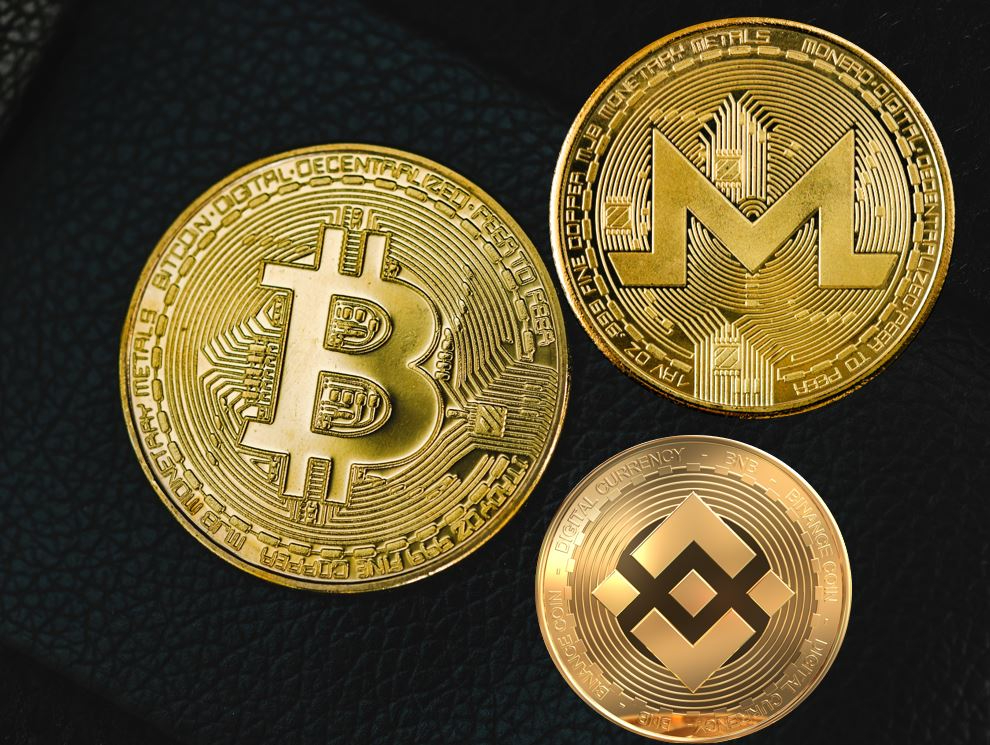








One of the juiciest bits of finance news in recent history involves Tesla billionaire Elon Musk and his plan to buy Twitter. The deal has been floating around for almost two months, with much initial gossip about what Musk might do as Twitter's new owner. However, the deal now appears in jeopardy. The prospective billionaire buyer has recently been claiming that too much of Twitter's traffic is actually bots rather than flesh-and-blood users, making it overvalued.
Twitter has disagreed with Musk's claims, and many analysts think Musk's claim about bots is an attempt to get Twitter to agree to a lower price. The initial agreed-upon price was $54.20 per share, with Musk planning to buy $44 billion worth of shares to take Twitter private. So what does all this mean?
Taking a company private means buying 100 percent of a publicly-traded corporation's shares of stock. This is typically done to give the owners and managers of a corporation more freedom. Publicly-trade corporations, with stock traded on stock exchanges, have to meet strict requirements made by the Securities and Exchange Commission (SEC) and the exchanges themselves. They are required to have boards of directors and file regular financial reports, which can be costly and time-consuming.
Private companies are less burdened by taxation and regulation, and so may be more profitable. There is no size limit on private companies, and the largest private companies may be C corporations that seem like publicly-trade corporations. Therefore, there is theoretically no limit on how large of a corporation can be "taken private."
Going private is sometimes just a temporary measure, with a large investment firm purchasing a corporation entirely in order to make substantial changes to its management. Later, the reformed company has a new IPO and can be once again invested in on stock exchanges. Kinder Morgan and Hilton Worldwide Holdings (Hilton Hotels) are two companies that went private and then back to public, while others returned divisions to publicly traded status. Although it's not common for large corporations to go private, it's not exactly rare!
So, if you own Twitter shares and Elon Musk wants to take Twitter private, do you get a deal? Typically, yes! In order to make a quick and smooth deal, those trying to buy a corporation offer a higher price per share (PPS) than the current market price. This can be up to a 40 percent premium (higher value) over the market price, which can make some large shareholders very wealthy.
But should you jump at the news to buy stock in a corporation that might be taken private? It's not a good idea to change your investment strategy to do so, as buyers can back out of hinted-at purchases. Elon Musk himself was accused of wrongdoing by the SEC for hinting that he would take Tesla private, causing stock price to jump several percentage points, and then not following through. Similarly, the Twitter deal now looks like it might fall through. While getting a 40 percent premium on your shares of a corporation may be a financial windfall, complex deals to take companies private have a way of falling apart, making it risky to buy a stock on rumors of a future buyout.